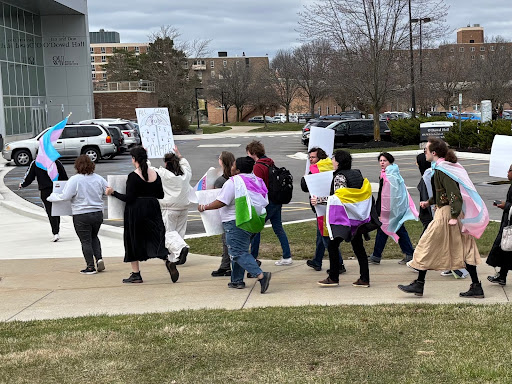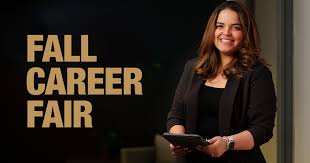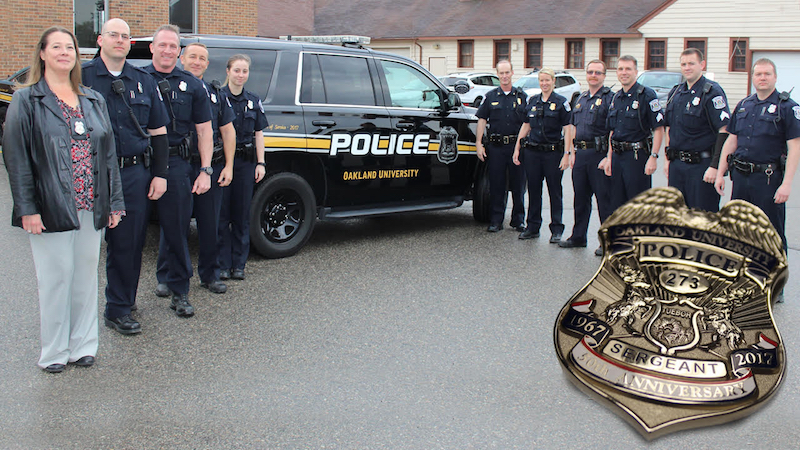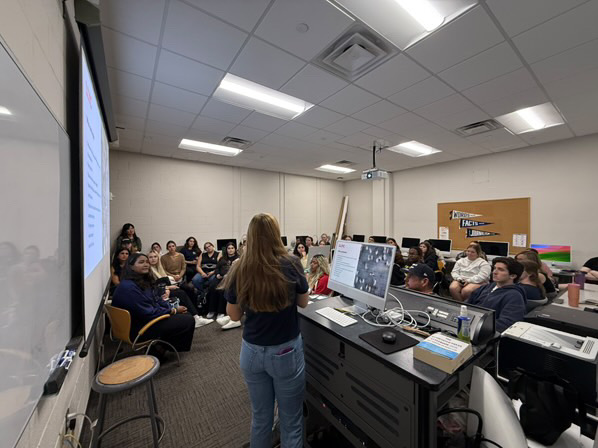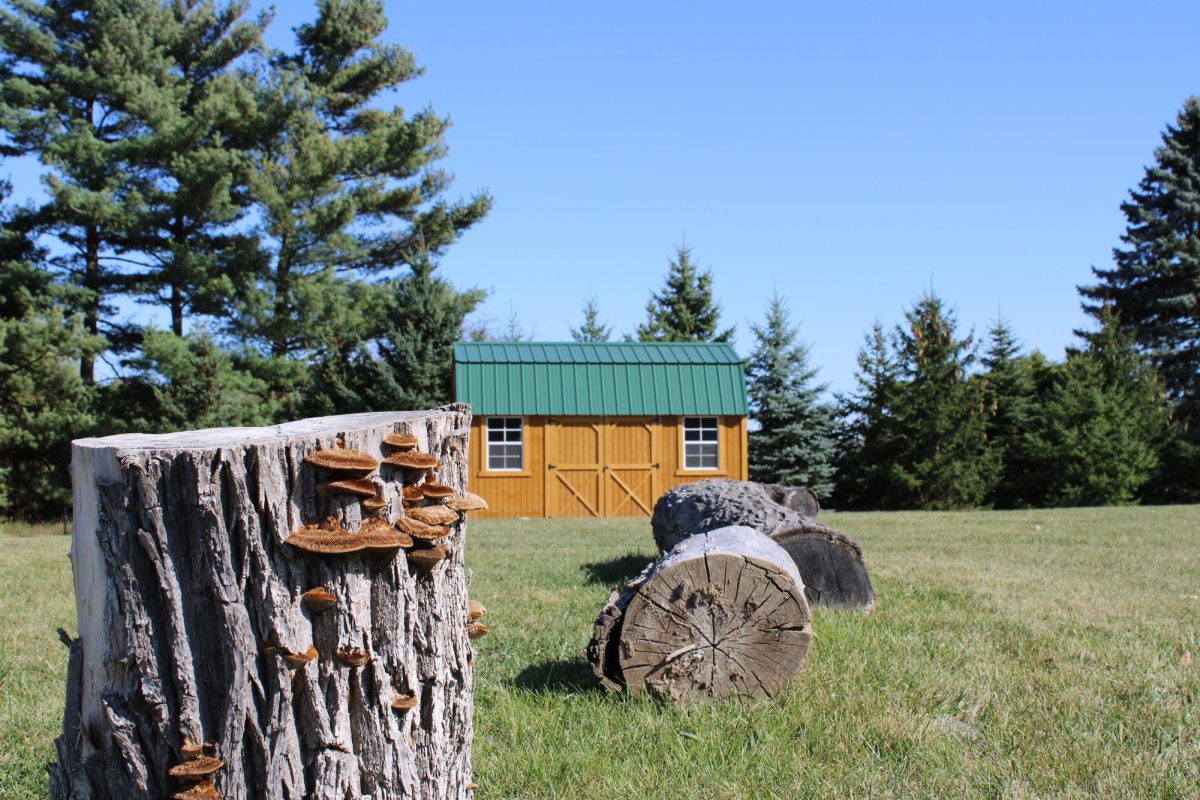On March 31, students celebrating the Transgender Day of Visibility marched across campus in a vibrant display of pride and solidarity. This year’s Day of Action and second annual Trans Visibility March kicked off three days of programming focused on transgender visibility and support, hosted by Oakland University and the Gender and Sexuality Center (GSC).
At OU, Pride month runs from mid-March to mid-April, and the transgender visibility events were part of the scheduled activities.
The Day of Action began at 10 a.m. in the GSC office, where students met to prepare for the Trans Visibility March later that day. Throughout the march, Pride flags and signs were held high, as students chanted, “We’re here, we’re queer, we’re not going to disappear.”
The chant was led by Kieran, a graduate assistant for the GSC. His last name has been withheld by request.
“I think reminding people that there is a very large and connected transgender community on campus when they think that their decision making, their comments, their way of interacting with other people doesn’t impact transgender people,” Kieran said. “It impacts us every day.”
Last year’s inaugural march was organized by several GSC leaders, including Kieran, in response to the death of Nex Benedict.
“I was very dominantly impacted by that and decided to do something about it,” Kieran said.
What began as a response to tragedy has now grown into a new tradition, promoting visibility and support for the transgender community on campus.
The following day, in North Foundation Hall, the GSC hosted the gender affirming resource fair with campus, local, state and national resources.
Designed to connect students directly with professionals without the need for a phone call, several organizations offered resources related to support services, including gender affirming care and gender exploration. Organizations represented included Affirmations, Henry Ford Health, Stand with Trans and the University of Michigan’s Comprehensive Gender Services Program.
Students could pick up informational handouts and giveaway items from each table. There was also the opportunity to check out books from the GSC about transgender identities and experiences.
“It’s about getting these students to come to this event, to interact with these resources in an environment where they’re already comfortable,” Kieran said.
The final day concluded with the 6th annual Tim Larrabee Memorial Lecture featuring Rachel Crandall Crocker, co-founder of Transgender Michigan and creator of the Transgender Day of Visibility, which is celebrated internationally.
The lecture is named in honor of Timothy G. Larrabee, an OU associate professor who advocated strongly for the LGBTQ+ community.
In North Foundation Hall, Crandall Crocker spoke alongside operations director and co-founder of Transgender Michigan, Susan Crocker. Surrounded by handmade transgender pride posters from the visibility march earlier in the week, Crandall Crocker shared her transition experience and the challenges she faced along the way.
These challenges inspired her to start the organization Transgender Michigan, which provides support and resources for the transgender community, including job fairs and events. The organization also started the country’s first transgender helpline.
“I wanted to make sure what happened to me did not happen to anyone else,” Crandall Crocker said.
Crandall Crocker also shared how the Transgender Day of Visibility began through a simple Facebook post.
During the Q&A portion of the lecture, when asked how the average person can make a difference, Crandall Crocker emphasized that meaningful change can begin with small actions. She advised that the most effective way to make a difference is by speaking up, contacting legislators and making donations.
“I want you to know that you do not need to be perfect to change the world,” Crandall Crocker said.
Following the keynote speech, LGBTQ+ students and allies met to debrief during The Queer Agenda Weekly Meeting, concluding the Transgender Day of Visibility events.
The three days of programming highlighted the transgender community’s presence and support at OU.
“For students to be able to build this empowerment now, and this visibility now, it helps them embrace who they are in the future,” Kieran said.



